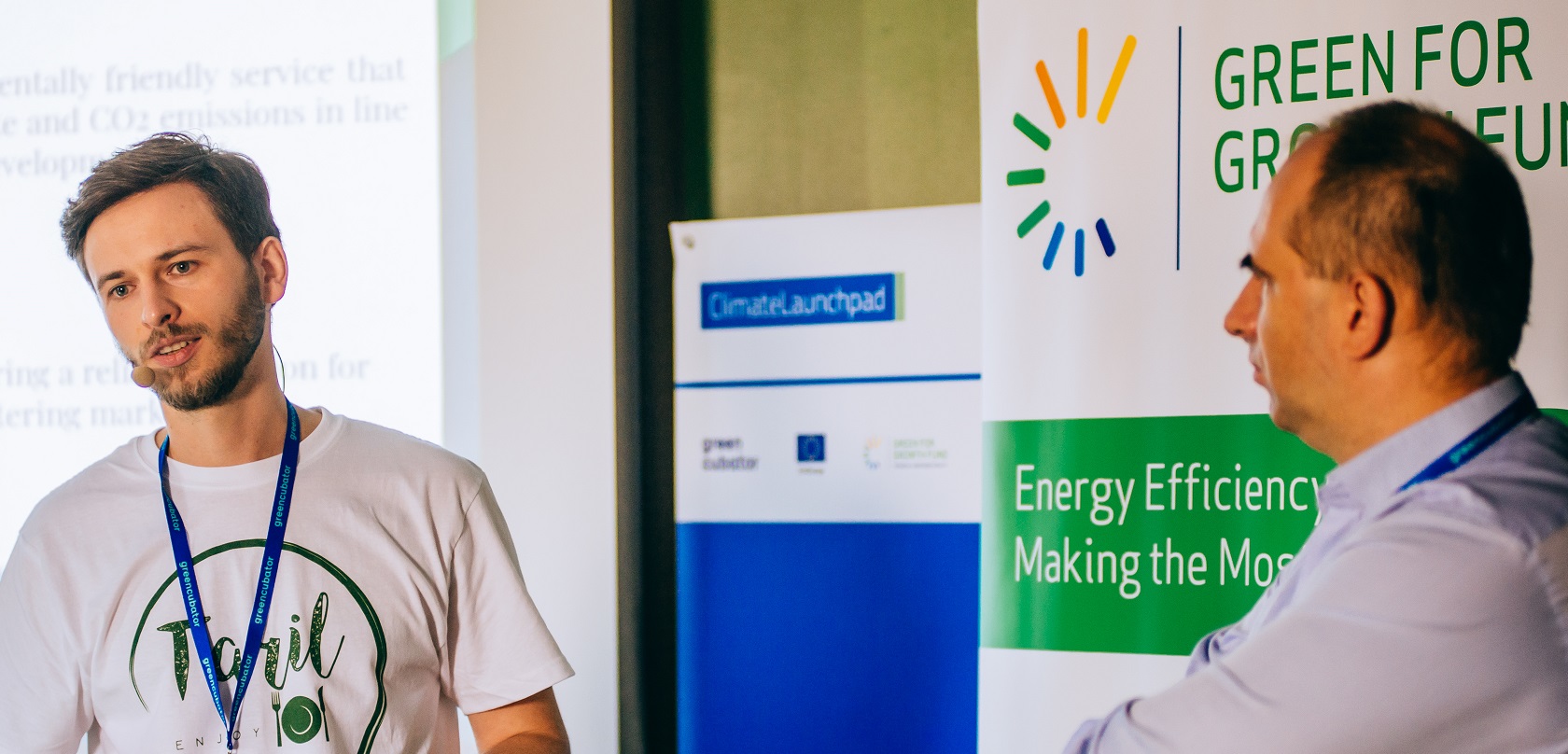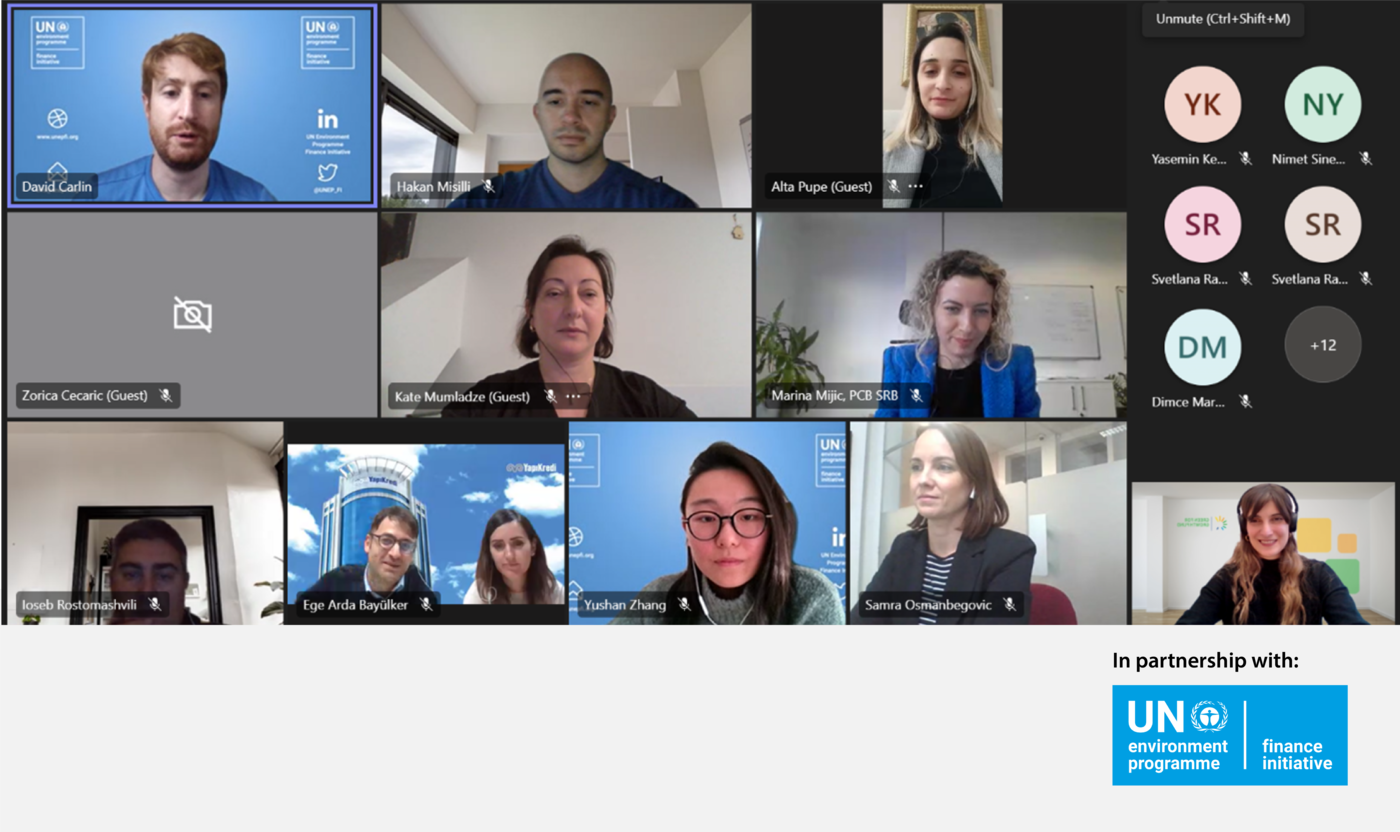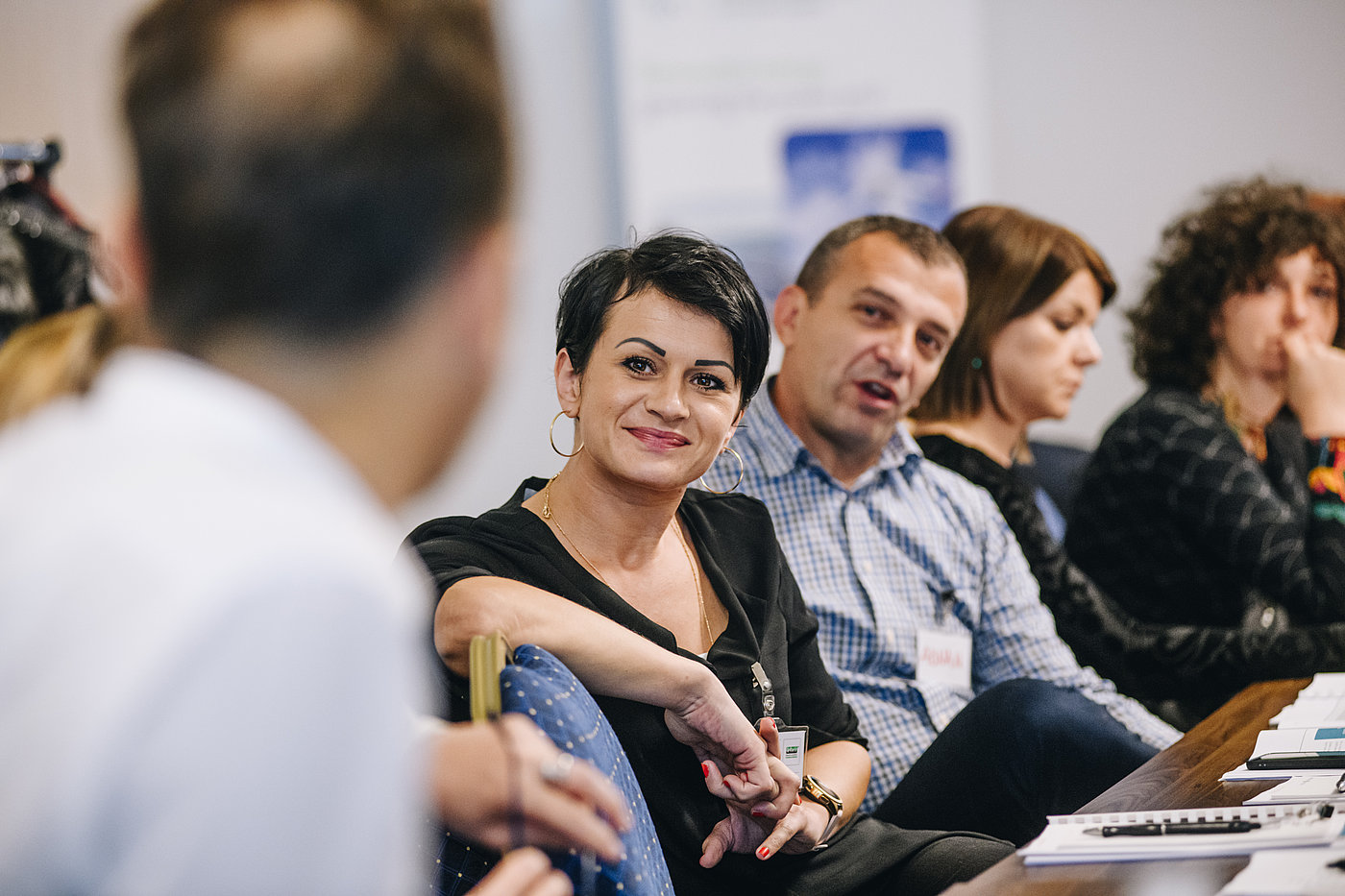Financial institutions worldwide are faced with increasing risks posed by climate change to their investments and operations, making climate risk management an urgent and rapidly evolving topic. Effective management of climate risks is crucial to avoid financial losses, reputational damage, and regulatory penalties. Financial institutions can also boost investor confidence and contribute to the transition to a more sustainable and resilient economy by taking action in managing and disclosing climate risks. This process can start by building the necessary internal capacities among financial institutions to protect their portfolios, ensure their long-term viability, and meet investor and regulatory expectations vis-à-vis climate risk management.
To address this need, GGF Green Academy, in partnership with the UN Environment Programme Finance Initiative (UNEP FI), has developed a training program on Climate Risk Management and TCFD.
This program is delivered in 2 phases:
Phase 1: awareness-building workshops, and
Phase 2: in-depth online course
Phase 2 aims to provide both theoretical and practical knowledge about climate risks, and offer tools and approaches for effective climate risk management and reporting, while leveraging opportunities in sustainable finance. The training program is tailored to the sectors and geographies relevant to GGF's partner financial institutions and includes practical exercises and case studies.



